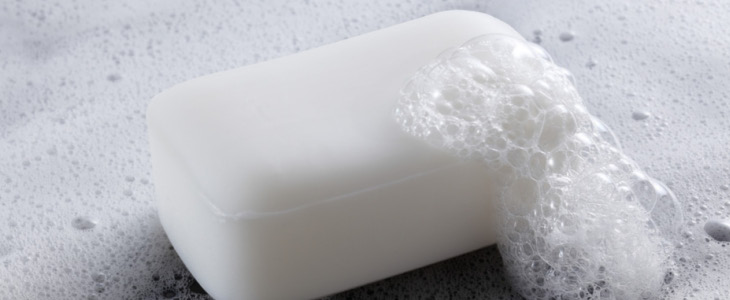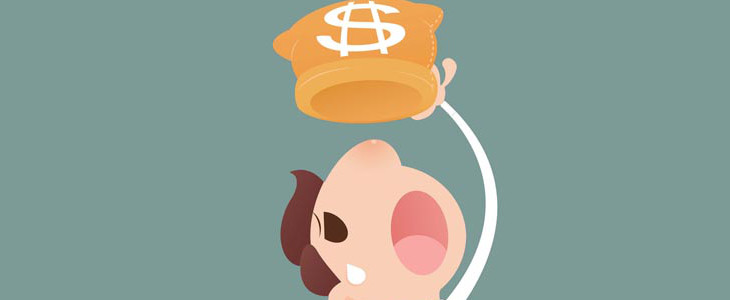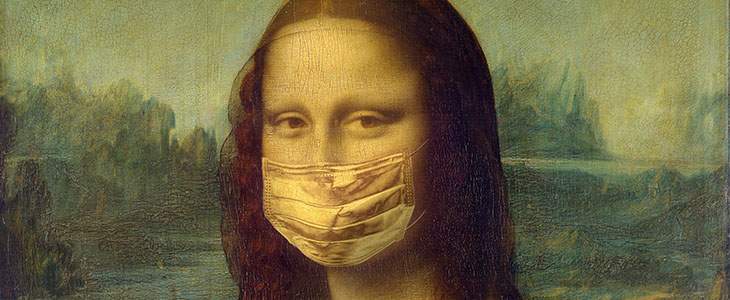1712 – England Introduces the Soap Tax

Soaps are derivatives of fatty acids and have traditionally been made from triglycerides, oils and fats. The earliest record of soap manufacturing was 200 BC in ancient Babylon. Soaps are used for washing, bathing, cleaning, and lubricating greases.
The core ingredient of soaps includes tallow (which is rendered beef fat), palm oil, coconut oil, olive oil, and laurel oil. The soap manufacturing process involves treating the vegetable or animal oils and fats with sodium hydroxide or potassium hydroxide in an aqueous solution. This causes a reaction whereby the triglyceride fats first hydrolyze into free fatty acids, and then the latter combine with the alkali to form crude soap: an amalgam of various soap salts, excess fat or alkali, water, and liberated glycerol.
The use of soap for personal cleanliness became increasingly common from 200 A.D onwards. In modern times, the use of soap in industrialised nations is viewed as a basic necessity of life due to its role in hygiene and reducing the spread of bacteria.
In 1712, England introduced the soap tax on the manufacture of soap. The tax was super unpopular with the poor as it tripled the price of the basic coarse soap. The soap tax resulted in making soap a luxury item and unaffordable for the poor. As a result, it wasn’t until the mid-1800s that the poor and working classes could afford to use soap!
The soap tax was a significant source of revenue for the government and raised the equivalent income as the alcohol duty does today (equivalent to 8 billion pounds in today’s dollars). The soap manufacturing process was closely supervised by revenue officials who ensured that the soap makers’ equipment was kept under lock and key when not being supervised. In addition, the legislation required that soap boilers must manufacture a minimum quantity of one imperial ton at each boiling.
The soap tax drove many soap makers out of the country in order to earn their livelihood. Many of them immigrated to countries such as Ireland where soap was exempt from tax. In addition, the tax resulted in widespread soap smuggling to avoid the tax. The soap tax was repealed in 1853.
"You’d be stupid not to try to cut your tax bill and those that don’t are stupid in business"
- Bono: U2




